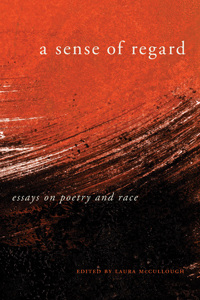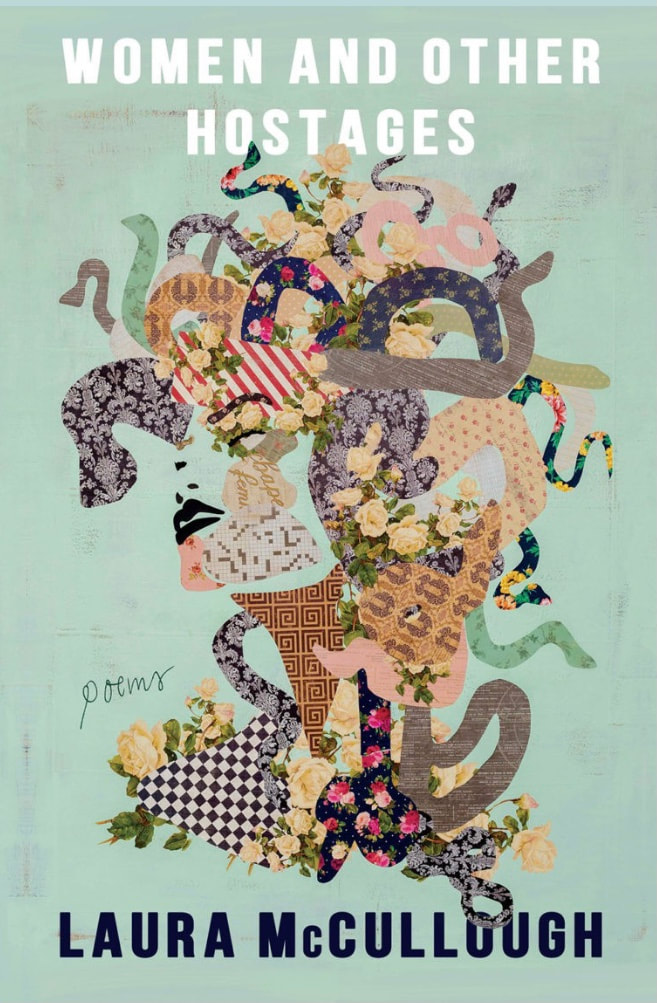LAURA MCCULLOUGH
 Patrick S. Lawrence's essay looks deeply into one African American poetic landscape of contigency, alienation, and American re-animation: Little critical work has been done on Nathaniel Mackey’s Splay Anthem (2006), a collection of installments of his two serial poems Song of the Andoumboulou and “Mu”. However, because other sections of the two poems have appeared over the past several years in venues such as Callaloo, African American Review, Chicago Review, and The Nation, there is a body of critical writing on the ongoing concerns of the portions of the poems appearing outside the collection that can shed light on how they are worked out in Splay Anthem, which won Mackey the 2006 National Book Award for poetry. As Mackey has continued to explore certain themes throughout the life of the poems, we gain added value from returning to this prize-winning collection and re-assessing the poems’ significance in a changing world. Though Song and “Mu” were begun in the later part of the twentieth century, they take on new meaning in the context of the events that have occurred contemporaneously with their continued publication. Thus, a more complete focus on the poems and their Modernist/Postmodernist techniques can shed light on the developing relationship between experimentation and politics, a relationship that has been fraught since the 1960s at least. Splay Anthem’s indirect political project acknowledges that the work of striving for equality and community is ever-incomplete, but provides a tentative foundation for this effort. Splay Anthem is a weave of several themes and recurrent experimental forms. Jarring enjambment causes lines to read both with those that came before and those that follow with ambiguity, while often refusing to signify concretely. This is in keeping with the effect of the variations-on-a-theme style of polysemy used throughout the poems, in which words are exploited for their double (or multiple) meanings, often with plural meanings suspended simultaneously, refusing to resolve in clear reference. Mackey’s use of the word rung, for example, signifies simultaneously both the past tense of to ring and the lateral cross-pieces of a ladder. Additionally, words often appear in alienated forms, used repeatedly with slight changes to spelling but retaining just an echo of their other forms. The themes that emerge amid this weave are complex and epic, following an incomplete but continuously striving humanity as it searches for a communal, global identity. This process is difficult and often painful. It is evinced by Mackey in his preface, where he explains what he means when he uses the word Andoumboulou: The song of the Andoumboulou is one of striving, strain, abrasion, an all but asthmatic song of aspiration. Lost ground, lost twinness, lost union and other losses variably inflect that aspiration, a wish, among others, to be we, … that of some larger collectivity an anthem would celebrate. (2006, xi) To read the entire essay and the rest of the collection get A Sense of Regard: essays on poetry and race
2 Comments
Leave a Reply.Archives
October 2023
Categories
All
|

 RSS Feed
RSS Feed
